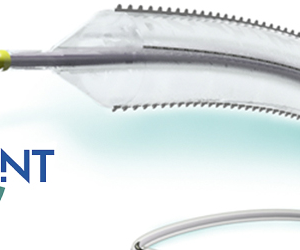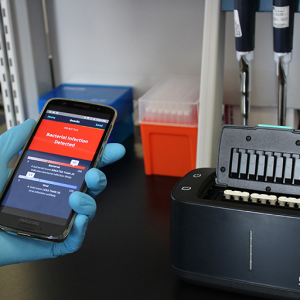Penn Spinoff Takes on Glaucoma with Nanotechnology-Enabled Implant
 Avisi Technologies, a medical device startup spun out of the University of Pennsylvania, is working on a new way to help glaucoma patients.
Avisi Technologies, a medical device startup spun out of the University of Pennsylvania, is working on a new way to help glaucoma patients.
The Philadelphia company recently landed a $225,000 federal government grant to support its work on a nanotechnology-enabled implant called the VisiPlate, which is being developed as a defense against blindness caused by glaucoma. The implant, which is 20 times thinner than a human hair, is designed to shunt away excess fluid.
Avisi was awarded a Phase-1 Small Business Innovation Research grant by the National Science Foundation to aide in the development of the device for safely reducing eye pressure in glaucoma patients, while minimizing the risk of patient discomfort and device failure from scarring.
Rui Jing Jiang, co-founder and CEO of Avisi, called the award “a strong validation of VisiPlate’s potential to radically improve surgical management” of glaucoma.
Studies forecast glaucoma, a progressive condition that causes damage to the eye’s optic nerve, will affect 3.4 million people in the United States by 2020. Treating the condition, Jiang explained, requires lowering elevated eye pressure to protect the optic nerve — which connects the eye to the brain — from damage. Conventional surgical implant treatments, she said, are bulky, highly invasive, and cause chronic discomfort. While newer devices are smaller and less invasive, she said, have issues related with long-term efficacy because they can inadequately sustain lower eye pressure when scarring occurs.
Read the full article here.




